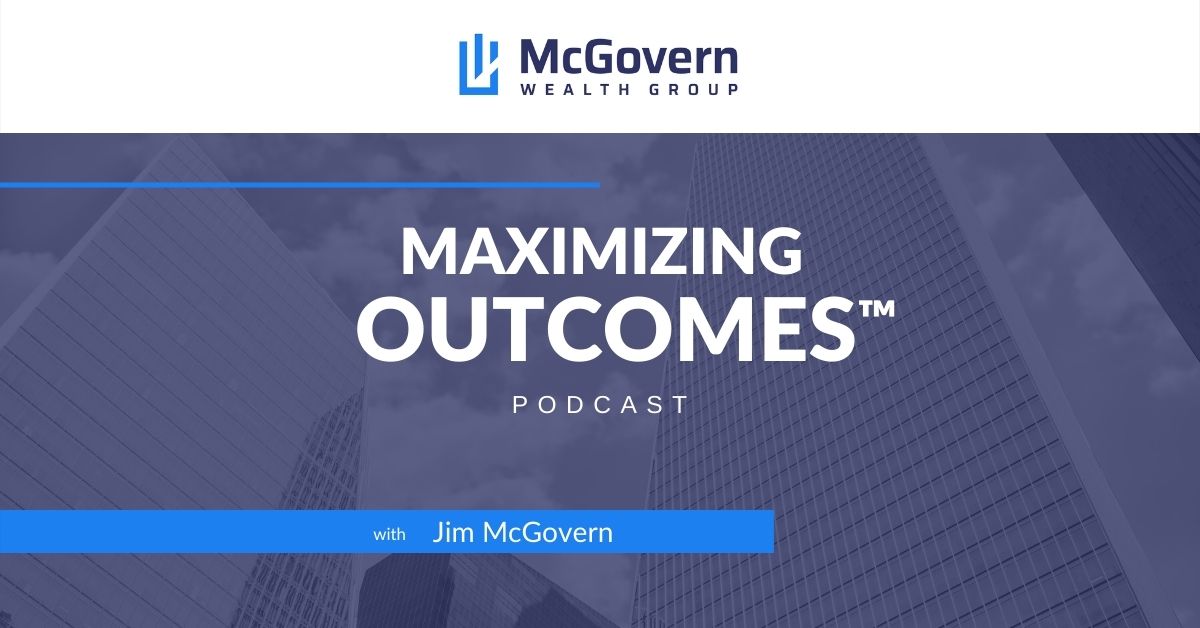How Defined Benefit Plans Help Business Owners Slash Taxes and Catch Up on Retirement (Ep. 61)
How Defined Benefit Plans Could Help Business Owners Slash Taxes and Catch Up on Retirement (Ep. 61)
Are you a business owner with high income—but even higher tax bills? Are you feeling behind on retirement savings?
In this episode of Maximizing Outcomes®, Jim McGovern welcomes back Tom Wyatt to unpack one of the most overlooked yet powerful tools for high-income business owners: Defined Benefit Pension Plans.
You’ll learn:
- How defined benefit plans can potentially save you hundreds of thousands in taxes annually
- Why these plans my be ideal for late-stage retirement catch-up
- How they differ from 401(k)s and profit-sharing plans
- When to use cash balance plans for greater flexibility
- Why you can still set one up after the tax year ends
- How to use them for succession planning and buyouts
Tom shares real-world examples—including one client who’s pension contribution allowed for a $288,000 deduction in a single year while keeping 87% of it for himself.
Whether you’re a solo entrepreneur or run a business with employees, this episode will help you rethink how to retire smarter and lower your tax bill in the process.
Related Episode:
Episode 28: Retirement Planning Essentials
Episode 29: Retaining Key Employees with Non-Qualified Retirement Plans
📩 Have questions? Reach out to Jim at info@mcgovernwealth.com or visit mcgovernwealth.com
🎧 Don’t forget to subscribe and share this episode with other business owners who want to Maximize Outcomes® in their life.
Please note individual situations will vary, individual results will be unique and determined on their own merits. 7938432.1
Podcast: Play in new window | Download (Duration: 38:43 — 35.5MB) | Embed
